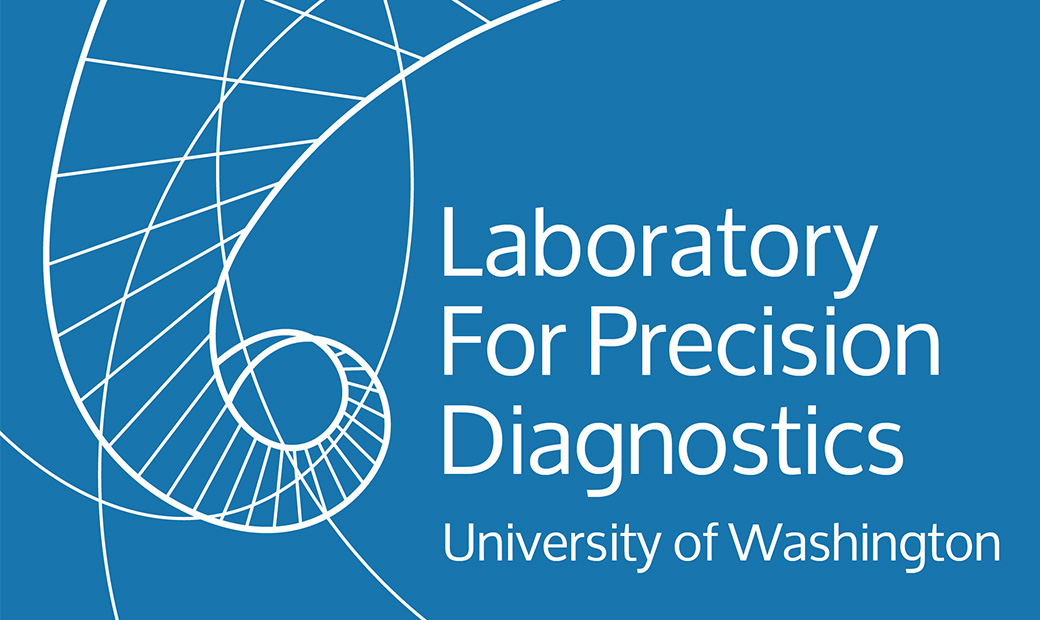Genes
ALDH18A1, ATP6V1A, ATP6V1E1, ATP6VO82, ATP7A, EFEMP2, ELN, FBLN5, GORAB, LTBP4, PYCR1, RIN2, SLC2A10
Test Guide
The CDL offers a 13 gene panel for genes associated with cutis laxa. Pathogenic variants in ALDH18A1, ATP6V0A2, ATP6V1A, ATP6V1E1, ATP7A, EFEMP2, ELN, FBLN5, GORAB, LTBP4, PYCR1, RIN2, and SLC2A10 have been identified in individuals with cutis laxa. This panel is recommended for individuals with possible autosomal dominant, autosomal recessive, and X-linked forms of cutis laxa.
Cutis laxa is a rare connective tissue disorder characterized by loose, hanging skin that is inelastic. Affected individuals have skin that hangs in loose folds, often causing the face and body to have a droopy appearance. In severe cases, the internal organs such as the lungs, heart, intestines, or arteries may also be affected.
Methodology
Next Generation Sequencing: Next generation DNA sequencing is performed to identify nucleotide variants in the coding portion of the genome. All nucleotides in the coding exons and their flanking splice junctions are sequenced to a read coverage of greater than 20X. The sequence data are assembled and compared to the published genomic reference sequence. Sanger sequencing is performed if necessary to ensure complete nucleotide coverage of the target sequence and to confirm all reported variants. Human Genome Variation Society (HGVS) recommendations are followed for variant nomenclature and ACMGG/AMP variant interpretation guidelines are followed to assess variant pathogenicity, unless otherwise indicated. The following online databases and in silico analysis tools are routinely used for variant investigation: ClinVar, NHLBI Exome Sequencing Project, 1000 Genomes, dbSNP, Exome Aggregation Consortium (ExAC), available loci specific variant databases, PolyPhen-2, SIFT, Provean, Mutation Taster and Human Splicing Finder.
Specimen Requirements
BLOOD IS PREFERRED.
BLOOD: 2 EDTA (purple top) tubes
Adults: 5-10cc
Children: 3-5cc
Infants: 2-3cc
Whole blood may be stored up to 5-7 days in the refrigerator before shipping.
DNA:
5 µg DNA at a minimum concentration of ≥200 ng/µl
SALIVA:
Oragene Saliva samples are accepted
Special Instructions
Blood samples (or DNA) should be well labeled with patient’s full name and an identifying number.
Ship sample at room temperature with overnight delivery.
Clinical information outlining the indication for the requested tests and pertinent medical history and family history is a necessary component of testing. Please include a clinic note when available.
CPT Code & Cost
81479$1,950.00
